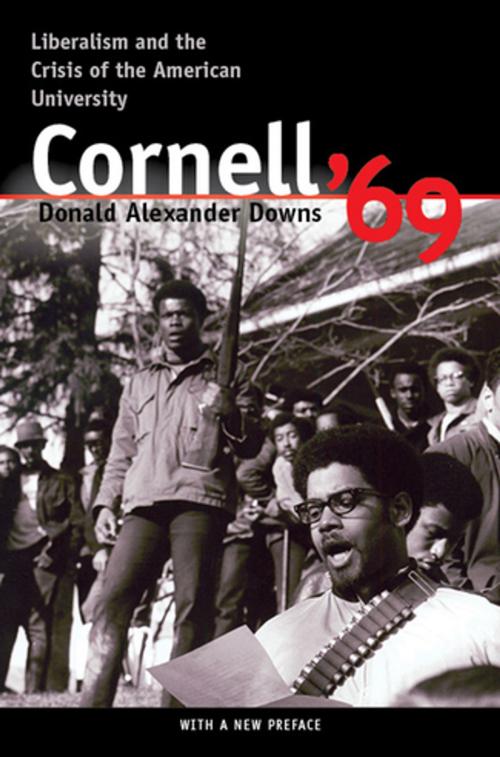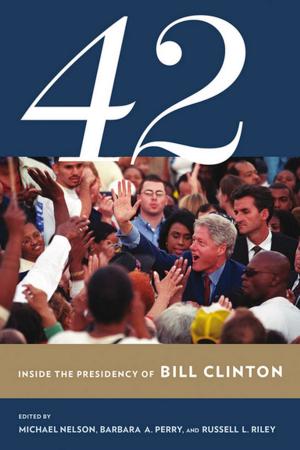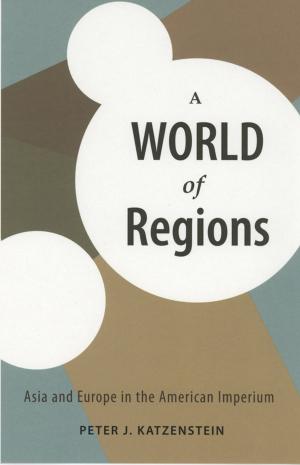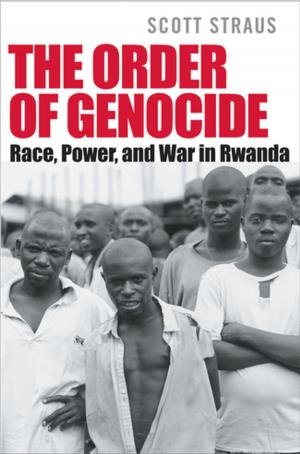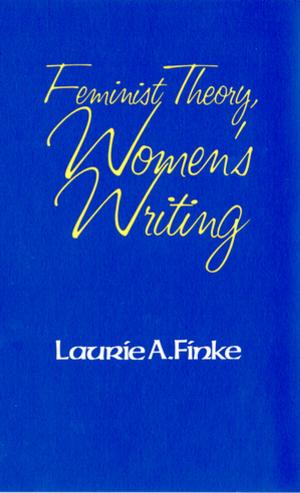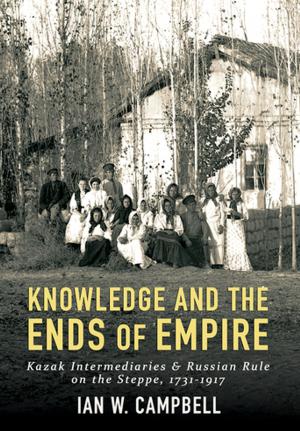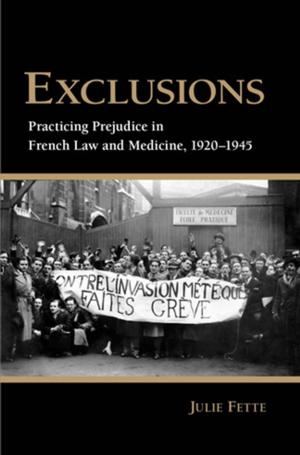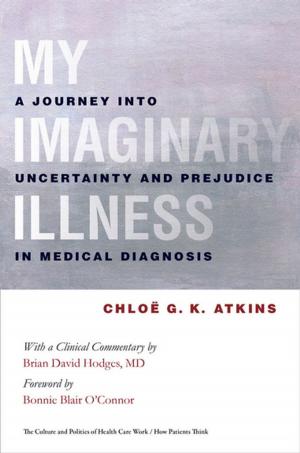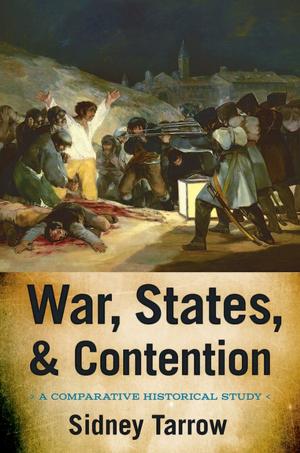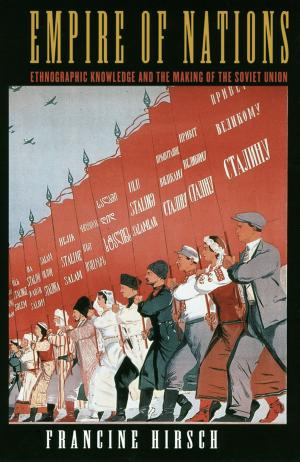Cornell '69
Liberalism and the Crisis of the American University
Nonfiction, Reference & Language, Education & Teaching, History, Military, Americas, United States| Author: | Donald A. Downs | ISBN: | 9780801466120 |
| Publisher: | Cornell University Press | Publication: | January 24, 2014 |
| Imprint: | Cornell University Press | Language: | English |
| Author: | Donald A. Downs |
| ISBN: | 9780801466120 |
| Publisher: | Cornell University Press |
| Publication: | January 24, 2014 |
| Imprint: | Cornell University Press |
| Language: | English |
In April 1969, one of America's premier universities was celebrating parents' weekend—and the student union was an armed camp, occupied by over eighty defiant members of the campus's Afro-American Society. Marching out Sunday night, the protesters brandished rifles, their maxim: "If we die, you are going to die." Cornell '69 is an electrifying account of that weekend which probes the origins of the drama and describes how it was played out not only at Cornell but on campuses across the nation during the heyday of American liberalism.Donald Alexander Downs tells the story of how Cornell University became the battleground for the clashing forces of racial justice, intellectual freedom, and the rule of law. Eyewitness accounts and retrospective interviews depict the explosive events of the day and bring the key participants into sharp focus: the Afro-American Society, outraged at a cross-burning incident on campus and demanding amnesty for its members implicated in other protests; University President James A. Perkins, long committed to addressing the legacies of racism, seeing his policies backfire and his career collapse; the faculty, indignant at the university's surrender, rejecting the administration's concessions, then reversing itself as the crisis wore on. The weekend's traumatic turn of events is shown by Downs to be a harbinger of the debates raging today over the meaning of the university in American society. He explores the fundamental questions it posed, questions Americans on and off campus are still struggling to answer: What is the relationship between racial justice and intellectual freedom? What are the limits in teaching identity politics? And what is the proper meaning of the university in a democratic polity?
In April 1969, one of America's premier universities was celebrating parents' weekend—and the student union was an armed camp, occupied by over eighty defiant members of the campus's Afro-American Society. Marching out Sunday night, the protesters brandished rifles, their maxim: "If we die, you are going to die." Cornell '69 is an electrifying account of that weekend which probes the origins of the drama and describes how it was played out not only at Cornell but on campuses across the nation during the heyday of American liberalism.Donald Alexander Downs tells the story of how Cornell University became the battleground for the clashing forces of racial justice, intellectual freedom, and the rule of law. Eyewitness accounts and retrospective interviews depict the explosive events of the day and bring the key participants into sharp focus: the Afro-American Society, outraged at a cross-burning incident on campus and demanding amnesty for its members implicated in other protests; University President James A. Perkins, long committed to addressing the legacies of racism, seeing his policies backfire and his career collapse; the faculty, indignant at the university's surrender, rejecting the administration's concessions, then reversing itself as the crisis wore on. The weekend's traumatic turn of events is shown by Downs to be a harbinger of the debates raging today over the meaning of the university in American society. He explores the fundamental questions it posed, questions Americans on and off campus are still struggling to answer: What is the relationship between racial justice and intellectual freedom? What are the limits in teaching identity politics? And what is the proper meaning of the university in a democratic polity?
